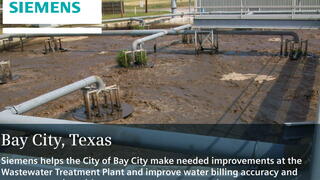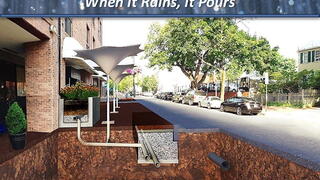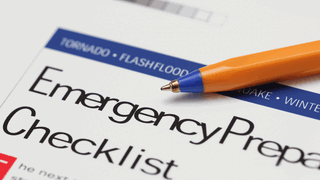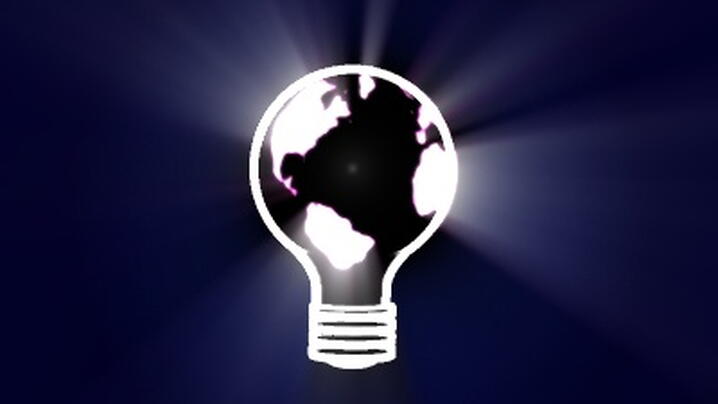
Bay City needed to find ways of improving the City’s infrastructure—without having a negative impact on the community’s existing capital and operational budgets.

Stormwater Challenges and Innovations: When it Rains, It Pours

Access the recording and handouts for a webinar sponsored by the U.S. EPA on Tuesday, September, 23. This webinar will help managers learn what resources and strategies are available to ensure that they are prepared in case of natural disasters, terrorist attacks, and other threats to a clean water supply in their communities.
Through funding from the Water Research Foundation, ICMA supported a research project with ARCADIS that developed a communication strategy and toolkit to help utilities gain support during rate and budget approval process.

